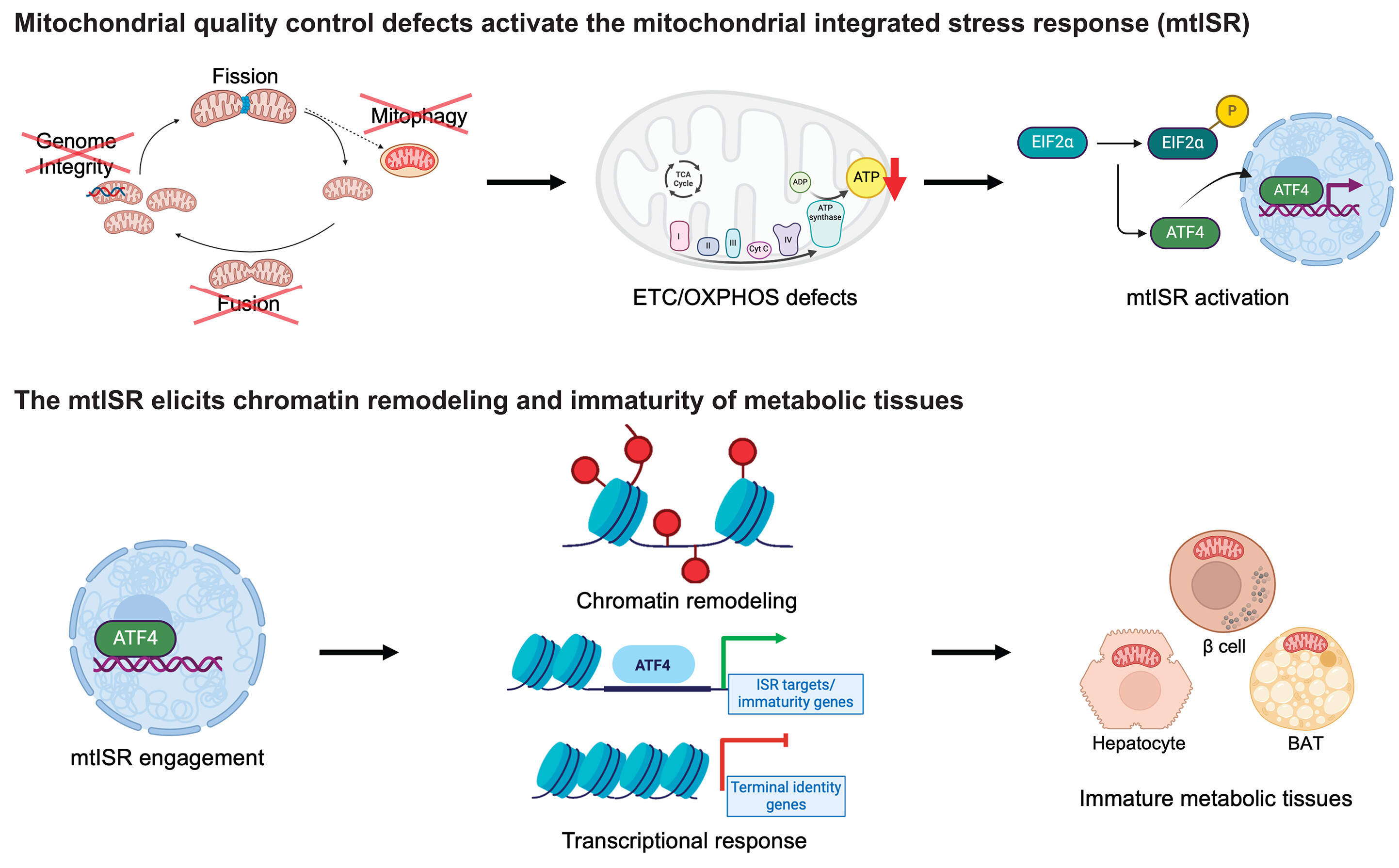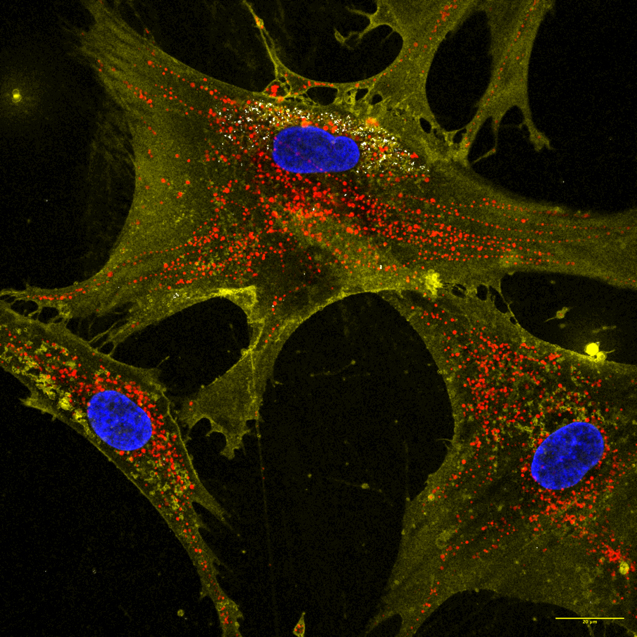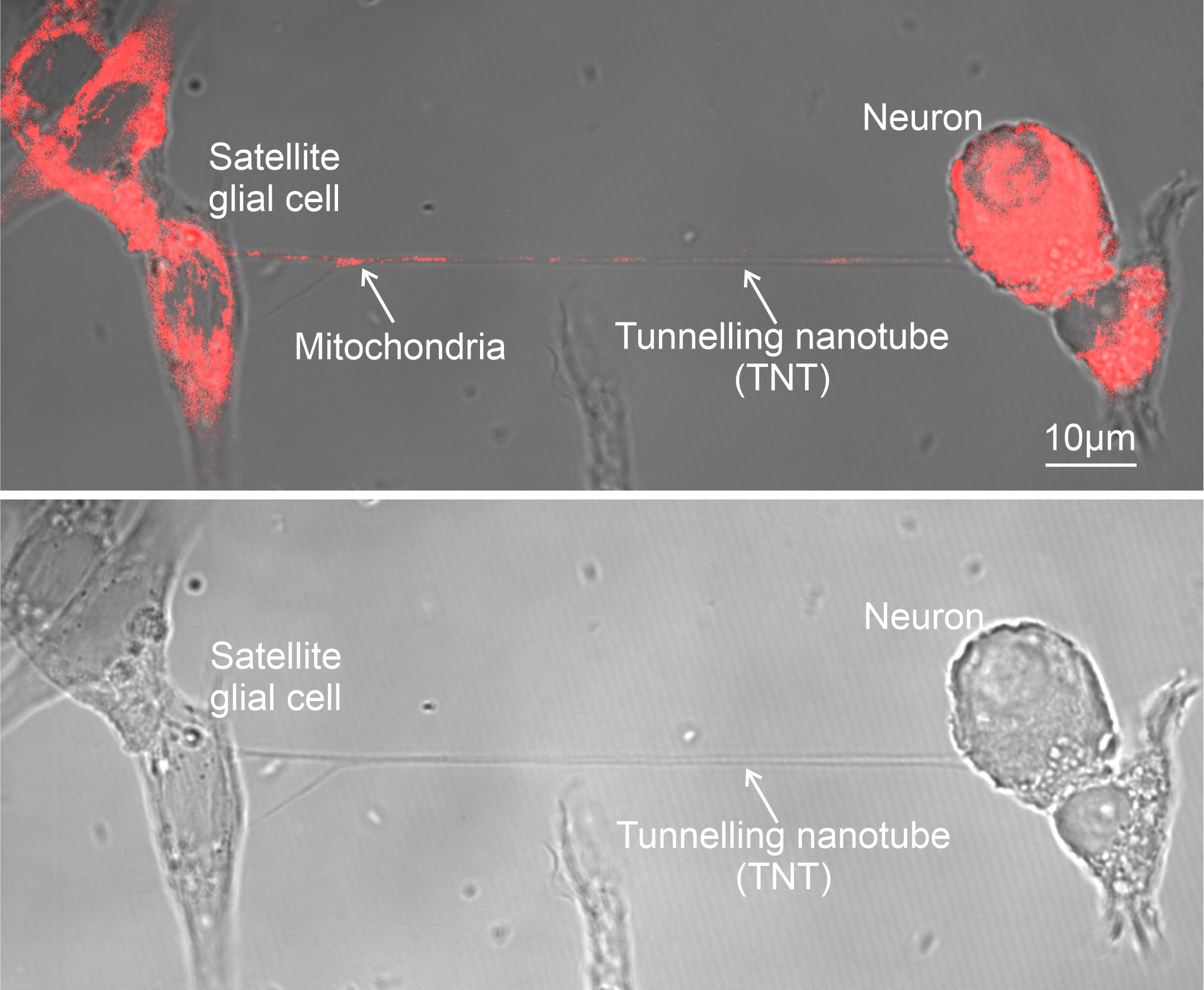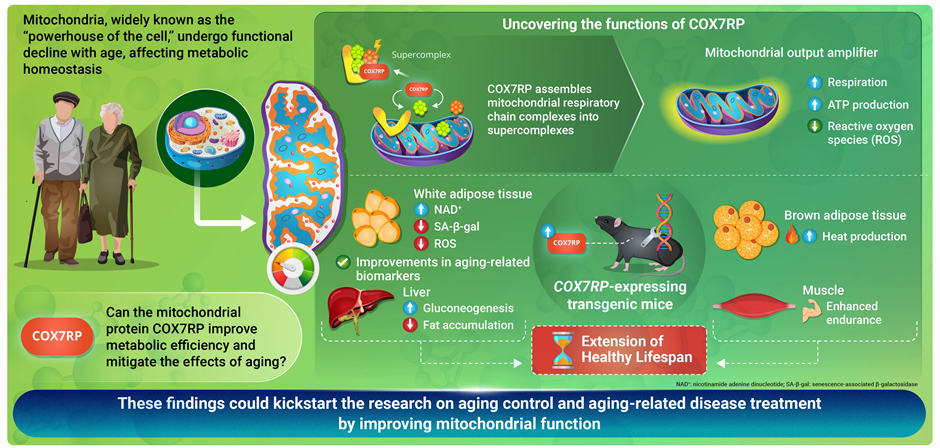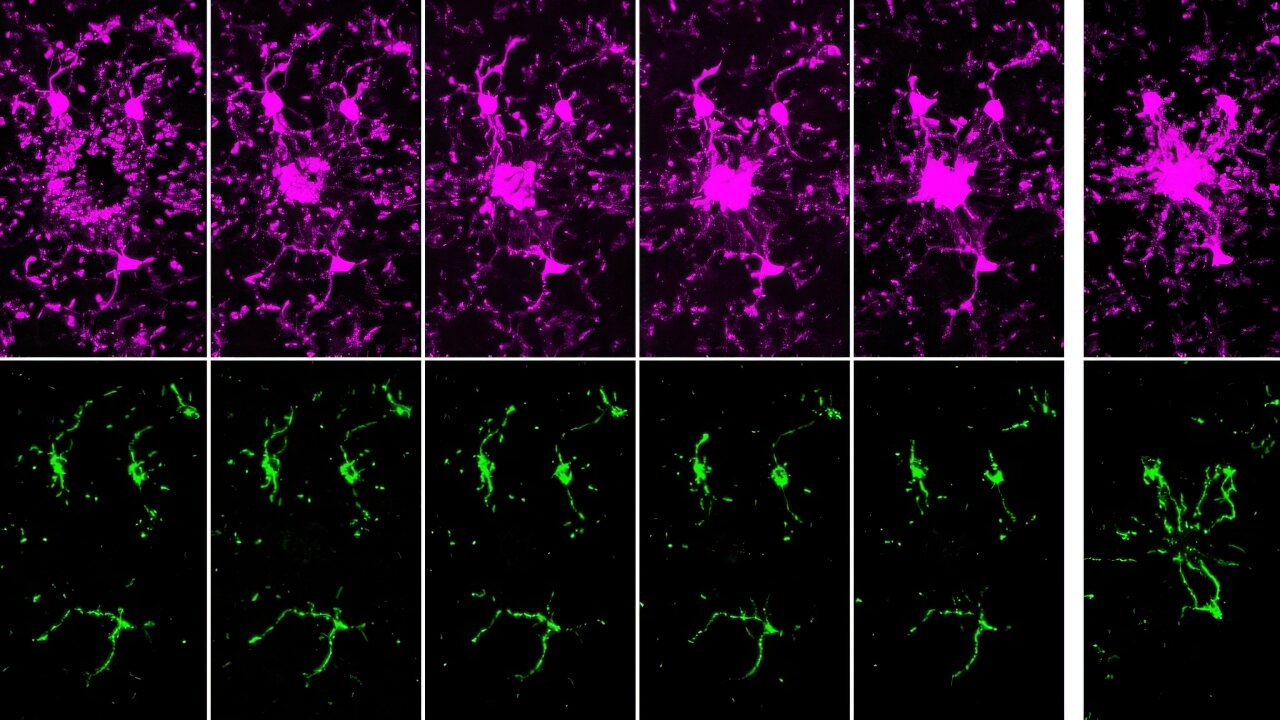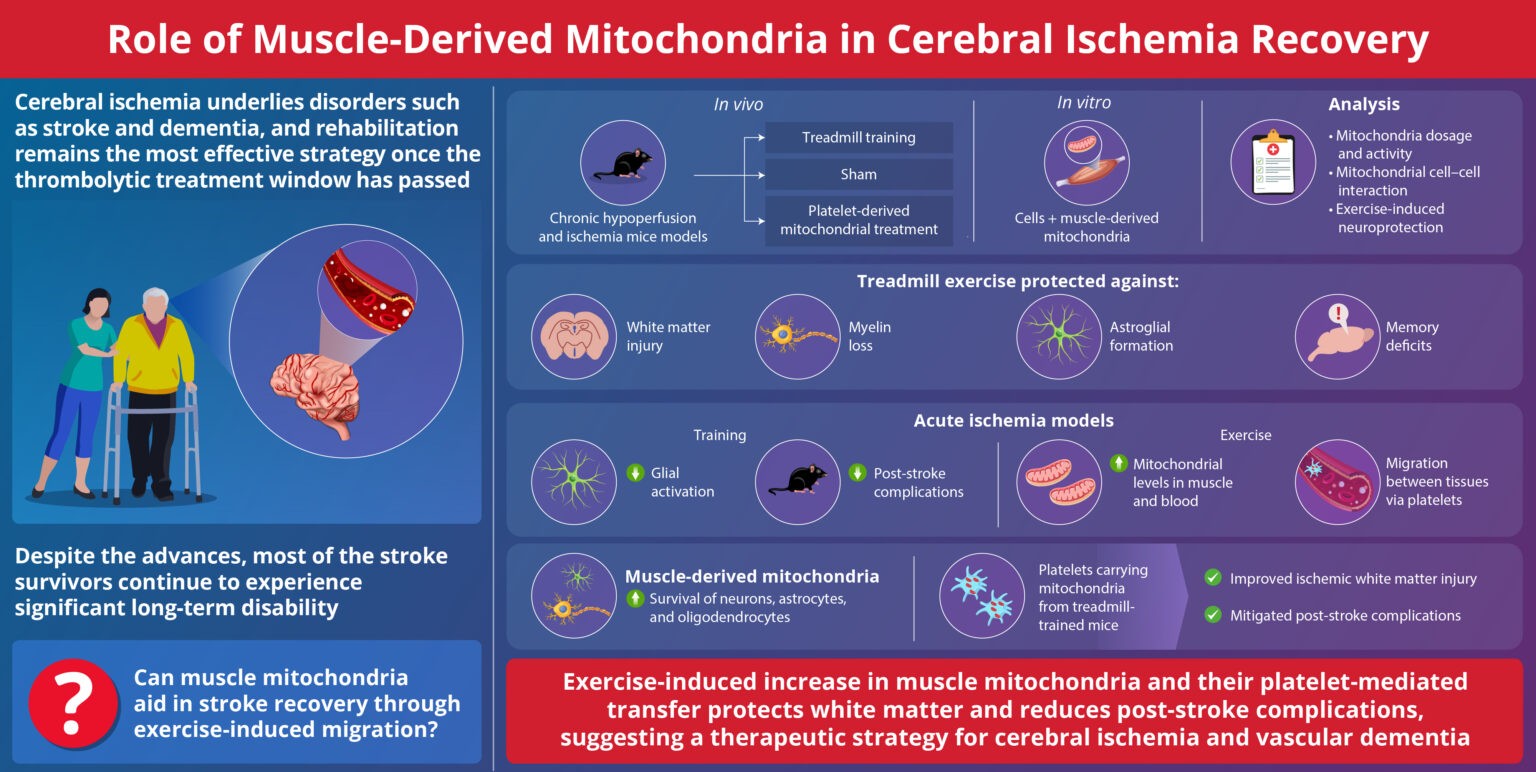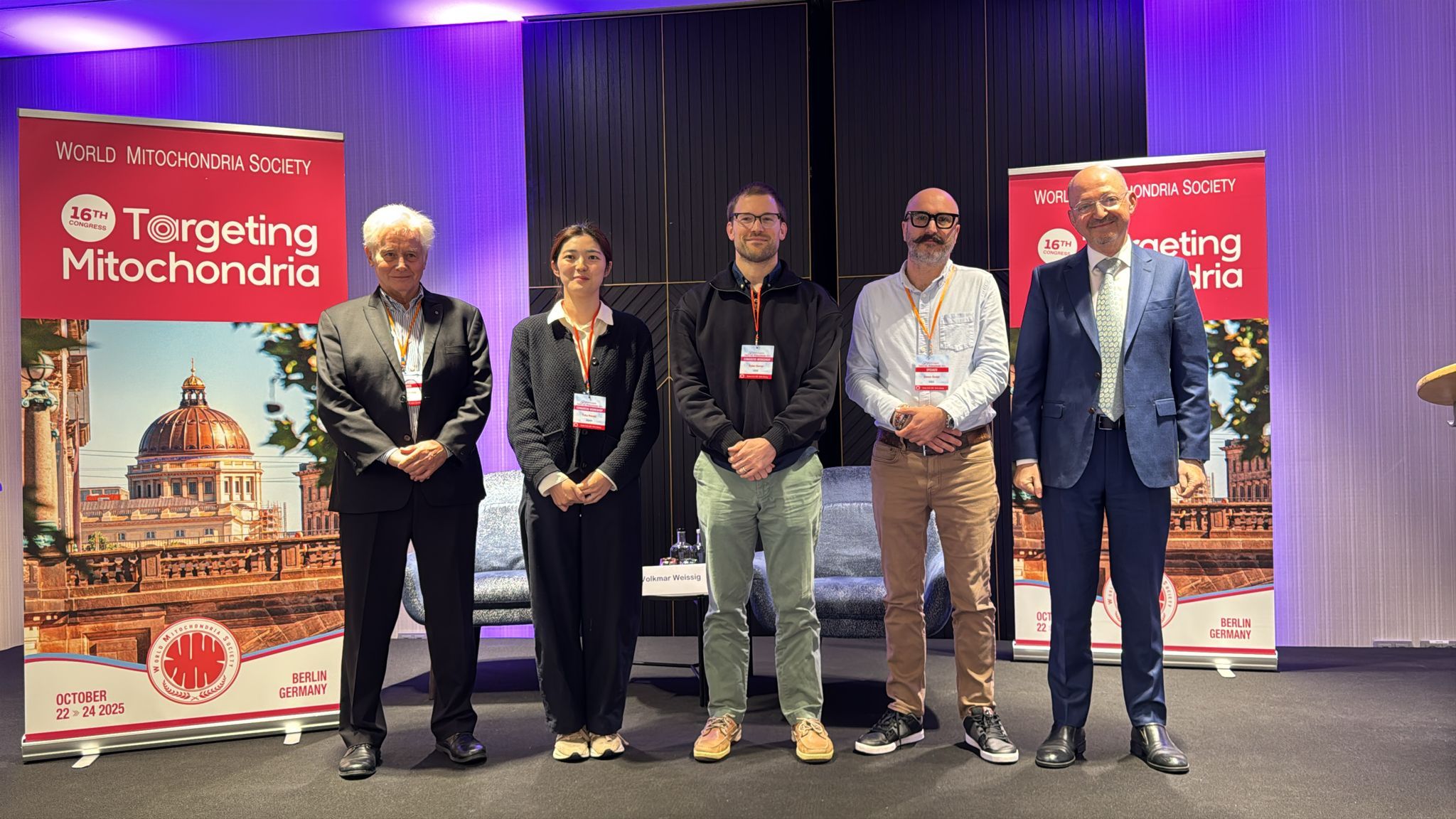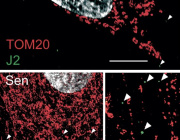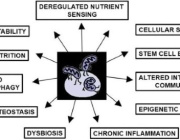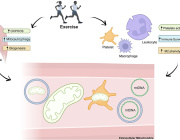Enhancing T Cell Antitumor Activity through Mitochondrial Transfer
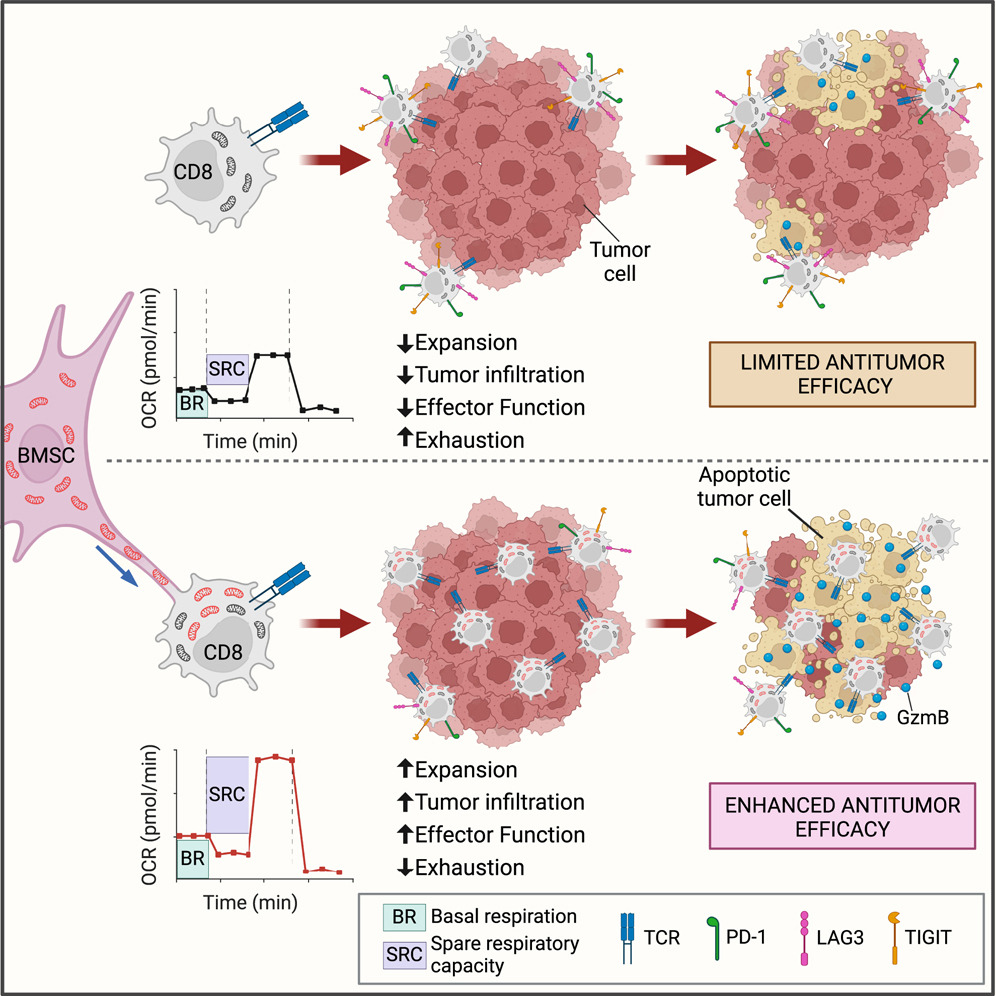
The research demonstrated that bone marrow stromal cells (BMSCs) transfer mitochondria to T cells through intercellular nanotube connections, significantly increasing T cell mitochondrial mass and respiration. This process, requiring Talin 2 on both donor and recipient cells, improves the metabolic function of T cells, enabling them to infiltrate tumors more effectively and show fewer signs of exhaustion.
By utilizing this intercellular mitochondrial transfer, the study offers a new approach to overcoming T cell exhaustion, a critical challenge in immunotherapy. This breakthrough in organelle medicine could lead to the development of next-generation cell therapies with enhanced efficacy against cancer.
The latest innovations in mitochondrial research and mitochondrial transfer, including findings like this, will be discussed at the 15th World Congress on Targeting Mitochondria, taking place from October 29-31, 2024, in Berlin, Germany.Image Credits: Graphical Abstract Baldwin, Jeremy G. et al. Cell (2024)









